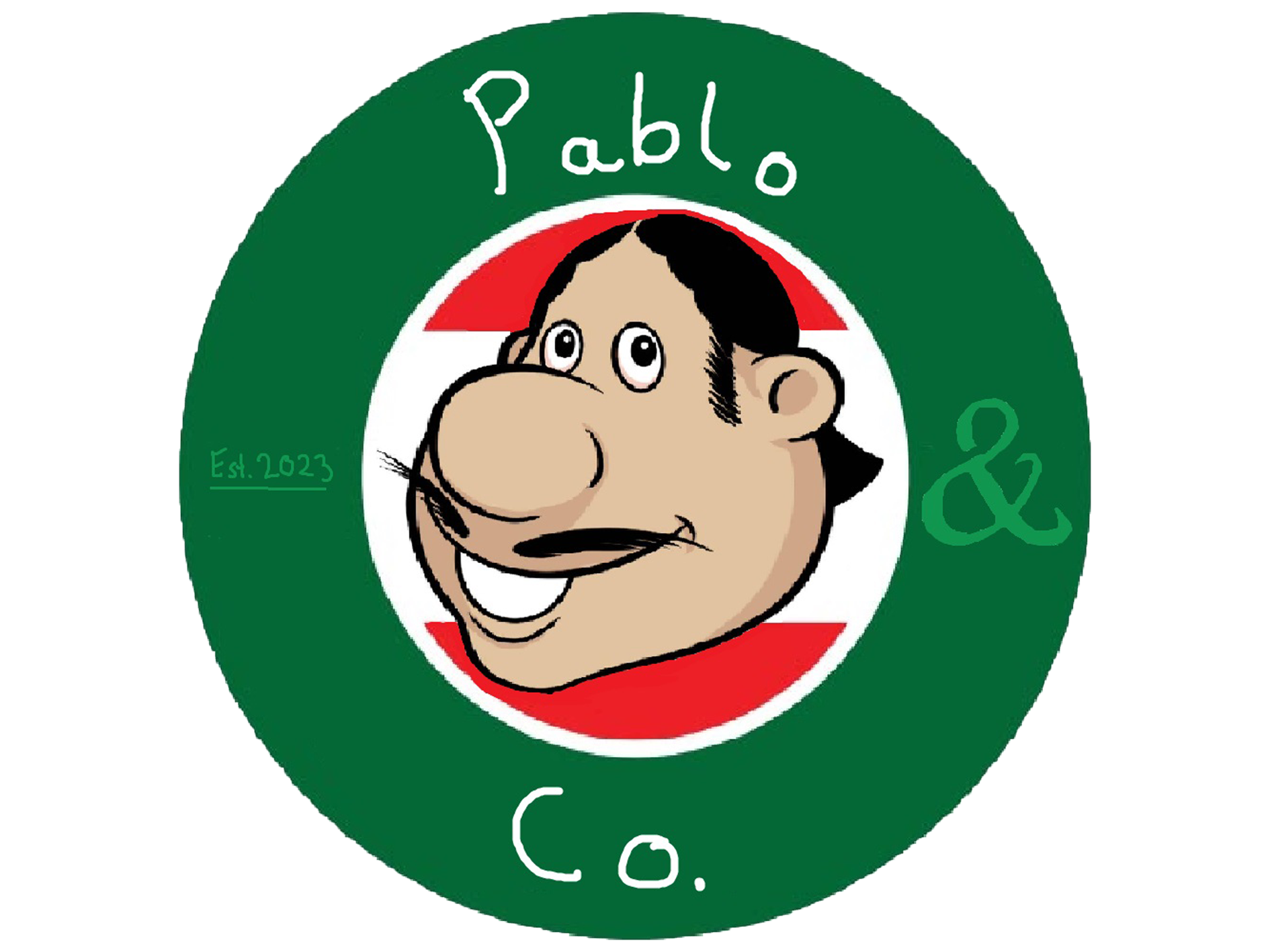Description
My sense of self or ‘I’ distinct from the rest of the world has diminished or altogether dissolved. My ego illustrates the nature of my self-awareness. I understand now that ‘I’ am a useful Cartesian fiction: an ultimately false representation of the simple and enduring substance to which characteristics are bound, serving to unify my cognitive processing across all levels and domains. The self does not exist.
I organise ‘myself’ in an egocentric space, my interoceptive representation of reality is interpreted as signals of adaptive relevance. My narrative is structured around the fortunes and prospects of a protagonist. At all levels, attention is directed, salience is attributed and information integrated in accordance to my goals.
Salience (def. as; the quality of being particularly noticeable or important; self-prominence) refers to the fact that I am bombarded by information only a fraction of which is relevant to my goals and personal interests. Whether this be phylogenetically ancient (maintaining life) to more recently (maintaining social reputation). Salience requires my mind to allocate processing power adaptively. My brain’s ability to do just this bias’s it’s cognitive systems to the processing of relevant information, importantly, allowing consequences to feel as affective (def. as; relating to moods, feelings, and attitudes) states. Actions have consequences.
Thus, this organism who experiences and acts in the world from a unique physical (spatiotemporal) and affective angle. Has a mind that makes models to explain the way the world makes it feel, as the organism stumbles through it. The experiences are egocentric and autobiographical models that are unified through time in a single entity.
As James Kingsland puts it, ‘we have evolved into an ape that takes things personally’.






There are no reviews yet.